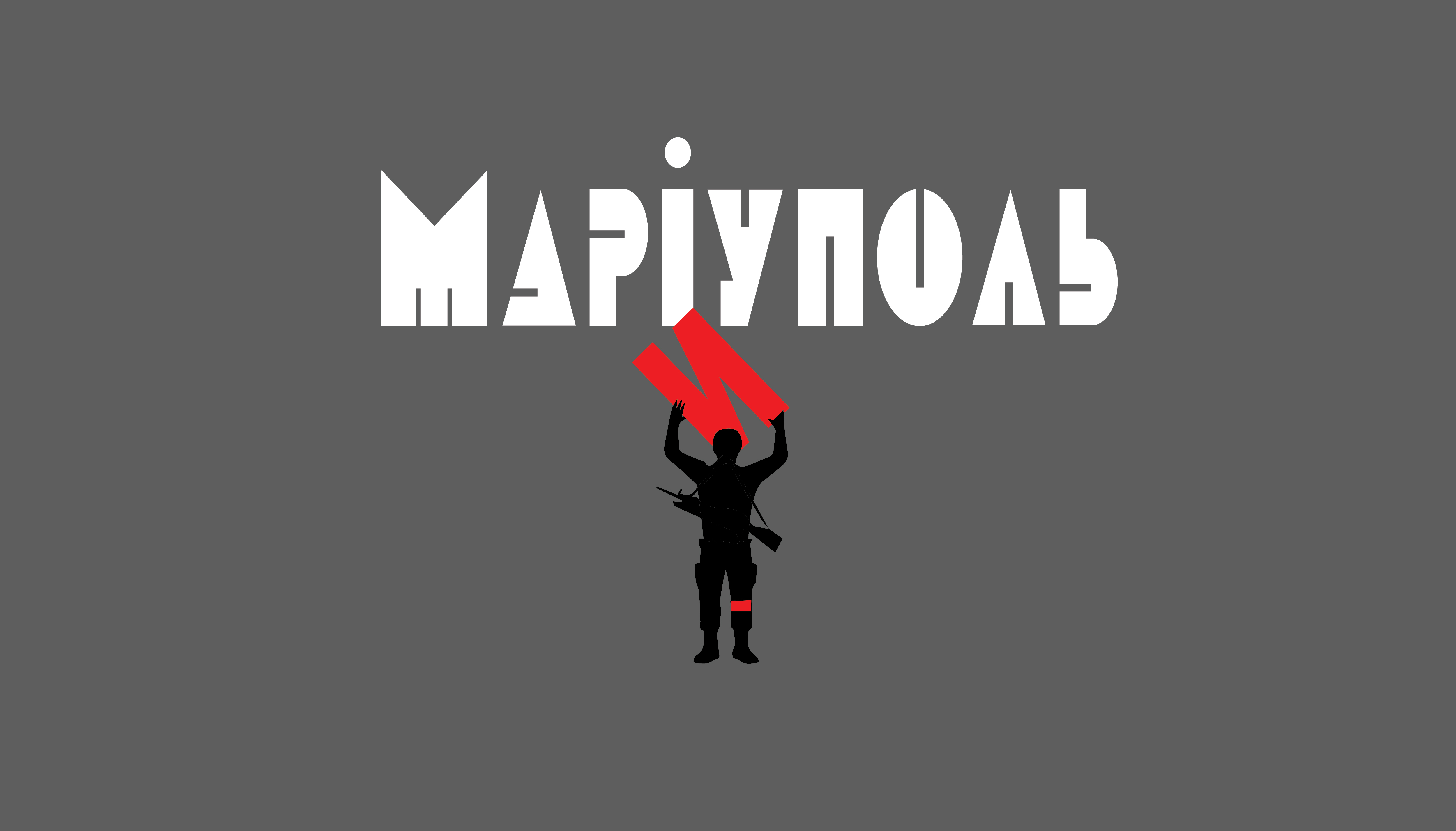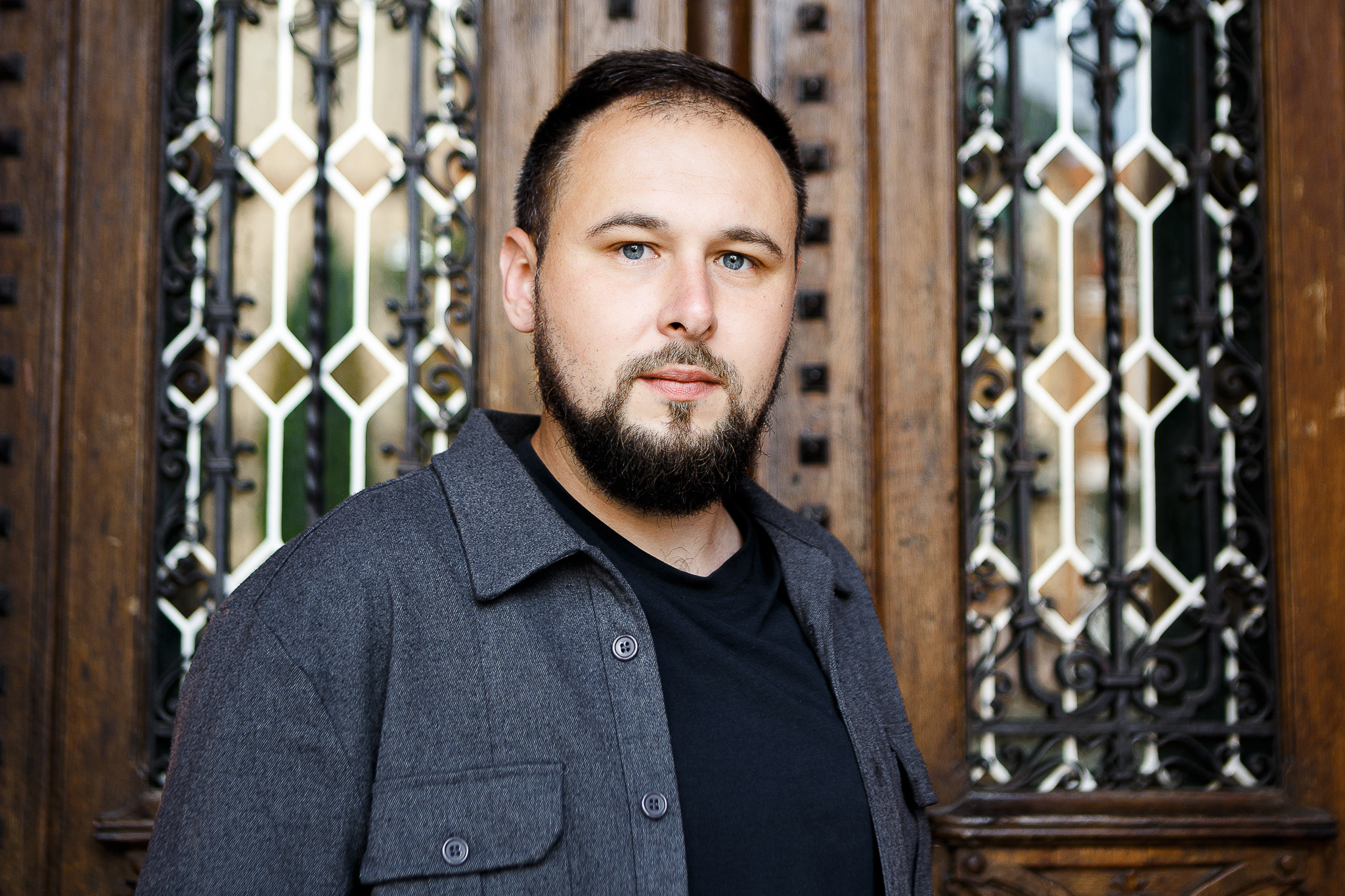Українською читайте тут.
The Ukrainian language has historically been a favorite target for manipulation by Russia. Prior to Kotliarevsky's Eneida, it was believed that the "Little Russian language" was unsuitable for literature, and after the Eneida, Ukrainian was deemed appropriate only for comedy. During the Soviet era, attempts were made to marginalize it as a "village language." In the early years of independence, language became a political tool for pro-Russian politicians. By 2014, language was being used to justify war – claims of "oppression of Russian speakers" and "uprisings in Russian-speaking regions" were among the primary reasons Russia cited to mask its aggression. This disinformation narrative became so deeply ingrained in the information space that even members of the Ukrainian government could be heard citing language as a cause of war.
As the full-scale war erupted and new territories were occupied, the Russian propaganda machine unleashed a fresh wave of disinformation surrounding language and education. Russia continually claims that it is transitioning occupied schools to the "proper education and language" while not banning Ukrainian. However, in reality, we witness the systematic suppression of the Ukrainian language in the occupied territories.
In order to disseminate these disinformation messages, Russia employs a consistent array of tactics and tools. Here are a few examples:
1. Equivocation
Propagandists from the aggressor country distort the meaning of words or use deceptive language to achieve political objectives. For instance, in May 2022, collaborationist Kirill Stremousov, during an interview with RIA Novosti — one of Russia's primary propaganda outlets — claimed that the occupation authorities "will not ban the Ukrainian language in the Kherson region, but Russian will become the language of office work, communication, and all issues of national importance." This message contains a clear contradiction: while propagandists attempt to convey a neutral attitude towards the Ukrainian language, they simultaneously announce the complete dominance of Russian.
The same collaborationist, Stremousov, stated that Ukrainian classes could be established in the occupied territories upon parents' request. Russian propaganda echoed messages about preserving the Ukrainian language in the educational process. Using equivocation, propagandists asserted that they would "allow Ukrainian language education for those who want it because they will not prohibit anything, unlike these moral freaks [Ukrainian authorities - DM]," as Andriy Turchak, the secretary of the United Russia General Council, said.
In reality, the invaders have begun converting the education system in the occupied territories to Russian standards, which do not include any Ukrainian classes. For instance, in Berdiansk during the summer of 2022, Ukrainian books were removed from libraries, and the transition to a five-point grading system was announced — propagandists produced numerous videos and articles on this subject.
That same summer, Russian propagandists promoted the message that Ukrainian was not the native language for schoolchildren in the occupied territories. Specifically, Volodymyr Rohov, a member of the main council of the occupation administration in the Zaporizhia region, claimed that students were being "imposed" with the notion that their native language was Ukrainian as part of the school subject "Native Language," even though, according to him, "their native language is Russian."
Another example of equivocation is the Russian propaganda message that "the Ukrainian language in the occupied territories was needed only for communication with the bureaucratic apparatus and did not serve as a language of communication." Some propagandists use this to justify the elimination of Ukrainian language education in the invaded territories. However, the latest opinion polls conducted before the full-scale war indicate that 59% and 56% of citizens in eastern and southern Ukraine identified Ukrainian as their native language, respectively. At the same time, the use of the Ukrainian language in everyday life was increasing.
Additionally, the Russian propaganda asserts that in the territories temporarily invaded by Russia, "most Ukrainian teachers are former Russian teachers, so it will be natural for them to switch to teaching in this language."
Propaganda relies on such messages to depict Russia not as an invader but as a liberator. It claims that Russian troops "restored the opportunity" for Ukrainians to learn their "native" Russian language.
Propagandists employ unfounded accusations and ridicule to diminish and devalue the Ukrainian education system.
Specifically, Russians claimed that Ukrainian historical education "was discredited and promoted everything anti-Russian." They also disseminated messages about the ban on the Russian language and harassment of Russian-speaking students in Ukrainian schools.
The Russian propaganda machine uses discrediting tactics to justify the systematic seizure and destruction of textbooks on the history of Ukraine, the Ukrainian language, and literature. For example, Valentyna Lavrik, the invader-appointed "Minister of Education, Science, and Youth" of occupied Crimea stated in July 2022 that the content of Ukrainian textbooks was "saturated with nationalist ideas," so Russia would create its own textbooks in Ukrainian.
Another example of discrediting is the message that Ukrainian teachers should undergo "re-certification and retraining." In the summer of 2022, Russian Education Minister Sergei Kravtsov claimed that "in physics and math classes, Ukrainian children only played games without receiving systematic knowledge." According to him, "the purpose of Ukrainian education was to train labor resources for Europe, not knowledge."
Such messages from Russian propaganda serve to justify the invaders' objective of Russifying Ukrainian children in the occupied territories. It is highly likely that the "new" Russian Ukrainian-language textbooks published by the aggressor state will contain Russian colonial narratives.
The "Good Words" Tactic
Kremlin spokespeople utilize positive imagery to absolve themselves of responsibility for invasions, occupations, and war crimes, including those against children. Russian propagandists claim to espouse universal ideals while remaining silent about the fact that it is Russia that prevents their realization.
For instance, Russian Telegram channels and propaganda resources circulated calls for children from the occupied territories to "live a peaceful life, walk in parks, ride bicycles, etc." This was asserted by a collaborator, the so-called head of the occupation administration of Melitopol, Halyna Danylchenko.
The message aims to convince the audience that Russians brought peace to the occupied territories. However, by insisting that Ukrainian schoolchildren should live in peace, propagandists conveniently ignore the fact that it was Russia that shattered it by initiating the war. "Detector Media has already written about how Russian propaganda uses children from the occupied territories to cover up its aggression against Ukraine.
3. Demonization of the Enemy
Russia persistently portrays Ukraine in the worst possible light and characterizes it as aggressive. Through this approach, propaganda aims to vilify the Ukrainian Armed Forces and the state as a whole, presenting them to its audience as malevolent, unprincipled aggressors.
Discussing education in the occupied territories in early September 2022, Russian propagandists emphasized that the Ukrainian army was allegedly targeting schools—Ukrainian soldiers "have nothing sacred when shooting at children."
Russian propagandists employed demonization tactics when disseminating messages about Ukrainian school principals in the Kherson region. These individuals purportedly "came from the Lviv region and underwent special training in Europe and the United States," where, according to Russian Education Minister Sergei Kravtsov, they were "taught anti-Russian propaganda and nationalist ideas."
4. Mirroring
The Russian propaganda machine utilizes this tactic to ascribe its own crimes to Ukraine. In the context of language and education, Russians resort to historical retrospection and the crimes of the Russian Empire and the Soviet Union.
In particular, the Kremlin's mouthpieces assert that in the 1920s, "forced Ukrainization" was first carried out in the South and East of Ukraine, leading to "the erasure of the native Russian language from the memory of Ukrainians."
Russians employ this tactic to obscure the historical continuity of their crimes, including the forced Russification that persisted from the nineteenth century until Ukraine gained independence and continues today in the occupied territories. In this manner, propagandists also persuade the Russian audience that the occupation of Ukraine is supposedly a "benevolent act and a return to the roots."
5. Labeling
Russia's propaganda machine assigns names to phenomena or events that convey negative meanings and elicit adverse emotions.
Russian propagandists claim that the modern Ukrainian language allegedly "originated from the writings of Banderites in Canada, where the Western Ukrainian dialect was augmented by English, Polish, German, and other 'isms,' as long as they were not Russian." Propagandists attempt to discredit the Ukrainian language by labeling it "Banderite," which insinuates that Ukrainian is an artificial language created on purpose. With such messages, propagandists attempt to justify the need to "restore" the Soviet language standard of the Stalinist era in the occupied territories.
Similarly, propagandists assign labels to Ukrainian education. Specifically, one of the occupation sites in Mariupol quoted Russian Education Minister Sergei Kravtsov in June, stating that "all textbooks and manuals with references to Bandera, Shukhevych, and other scum will be removed from school libraries."
Russian propaganda also continues to actively employ labels related to the history of Nazism. Alexander Zvyagintsev, the deputy director of one of the institutes of the Russian Academy of Sciences, declared that "the system of education in Ukrainian schools was built on the principle of the Hitler Youth."
What is the real situation with education and language in the occupied territories?
The real situation is quite grim. In the territories occupied after 2022, as well as those occupied in 2014, Russians have been systematically dismantling the Ukrainian education system and persecuting Ukrainian-speaking individuals. They exert considerable pressure on parents and teachers, coercing the former to enroll their children in occupation educational institutions and the latter to work and teach in Russian.
Despite physical threats and abductions, according to the Minister of Education and Science of Ukraine, Serhiy Shkarlet, "only 1% of teachers in the occupied territories have collaborated with the enemy." As of mid-September 2022, criminal proceedings were opened against 19 teachers on charges of collaboration. In addition to treacherous teachers, the invaders rely on instructors imported from Russia.
Parents in the occupied territories face a three-tiered system of pressure: warnings, fines, and deprivation of parental rights.
Russian occupation forces also systematically seize and destroy Ukrainian books, particularly textbooks on the Ukrainian language, literature, and history. They have published a list of 365 book titles they demand be destroyed in the occupied Luhansk region. In May 2022, the British Ambassador to Ukraine, Melinda Simmons, tweeted a photo of Ukrainian books burned by Russians, calling this act "not denazification, but the opposite." Furthermore, Russian invaders attempt to eradicate the Ukrainian language from public spaces, even replacing city signs with Russian-language ones, as was the case in Mariupol in May 2022.
Despite Russian claims about resuming the educational process in the occupied territories, the invaders have only managed to start classes in a very small percentage of schools.
However, through various propaganda tactics, Russia continues to distort reality. In truth, it is not Ukraine that oppresses Russian speakers, but rather Russia that crushes Ukrainian culture, destroys cities, and kills people while labeling these actions as "defense."



